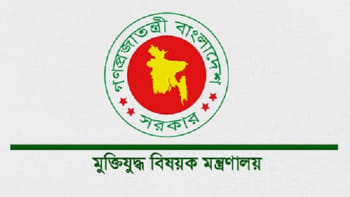The health of refugees and migrants
Around 68.5 million people worldwide are currently displaced, with 25.4 million of these crossing international boundaries in search of protection. Migrants and refugees are likely to have good general health, but they can be at risk of falling sick in transition or whilst staying in receiving countries due to poor living conditions or adjustments in their lifestyle.
The health of refugees and migrants is important
Because the right to health is a basic human right; because refugees and migrants contribute actively to the development of both their host society and their native countries; and because providing timely access to quality health services to refugees and migrants is the best way to save lives and cut care costs, as well as protect the health of the resident citizens.
Migrants and refugees are likely to be healthy in general
But they can be at risk of falling sick in transition or whilst staying in new countries, due to poor living conditions such as camps with poor shelter and sanitation or changes in their lifestyle such as inadequate food and water, and increased stress.
Refugees and migrants can face challenges in accessing health care
For reasons including their legal status, language barriers and discrimination. Some national health strategies may not make any reference to the health of refugees and migrants or the accessibility of health care for them. World Health Organisation (WHO) calls all countries to implement policies that provide health care services to all migrants and refugees, irrespective of their legal status.
Refugees and migrants have a lower risk for all forms of cancer, except cervical cancer
Cancer is more likely to be diagnosed at an advanced stage, which can lead to considerably worse health outcomes compared with the host population. Refugees and migrants also have a higher incidence, prevalence and mortality rate for diabetes than the host population.
Breakdown in health systems in the country of origin
Living with poor sanitation and contaminated water before or during the migratory journey increase the risk for a variety of infections (bacterial, viral and parasitic) including for vaccine-preventable diseases. Because of this, it is necessary for them to receive protection against infectious diseases and for health care workers at the frontline to understand the health risks for this population.
Post-traumatic stress disorder seems to be more prevalent among refugees and asylum seekers than the host population
Depression and anxiety are also commonly reported, linked to lengthy asylum-seeking processes and poor socioeconomic conditions, such as unemployment or isolation.
Children without parents or a guardian are especially vulnerable and at risk for both health and social problems
Risks for abduction and trafficking for sale and exploitation can be exacerbated if border controls are weak, violations of children's rights already exist and there is easy access to the child. Children are also vulnerable to sexual exploitation and experience higher rates of depression and symptoms of post-traumatic stress disorder.
Making health systems refugee- and migrant-friendly
Means providing quality and affordable health coverage as well as social protection for all refugees and migrants regardless of their legal status; making health systems culturally and linguistically sensitive to address the communication barrier; ensuring health care workers are well equipped and experienced to diagnose and manage common infections and diseases; working better across different sectors that deal with migrant health; and improving collection of data on refugee and migrant health.
Source: World Health Organisation

 For all latest news, follow The Daily Star's Google News channel.
For all latest news, follow The Daily Star's Google News channel. 



Comments